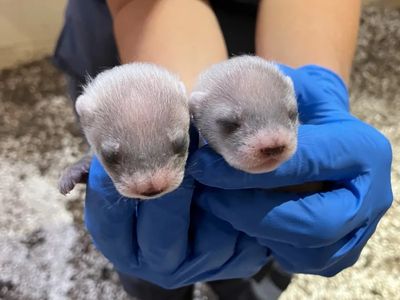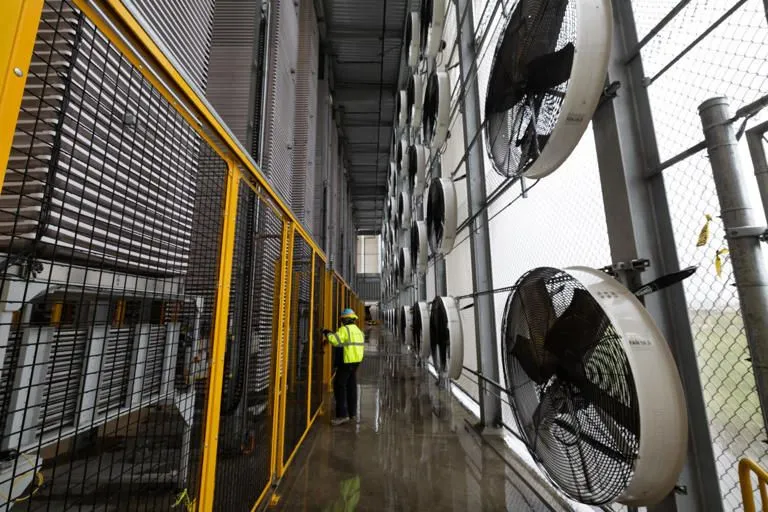Shocking Triumph: First Cloned Endangered Ferret Gives Birth in the U.S.
Cloned Endangered Ferret Makes History with Birth of Healthy Kits
A remarkable breakthrough has occurred in wildlife conservation. A copied black-footed ferret called Antonia has had two healthy baby ferrets. A copied endangered animal has given birth for the first time in the U.S. The historic event took place at the Smithsonian's National Zoo and Conservation Biology Institute.
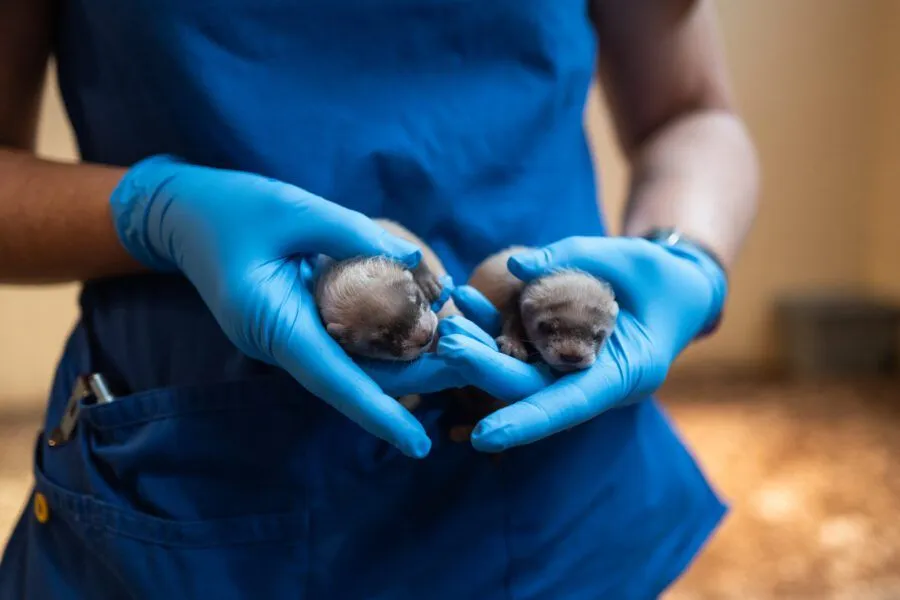
Antonia delivered three babies during the early summer months. One kit unfortunately did not survive. The two remaining kits, named Sibert and Red Cloud, are now growing strong. They continue to meet all their growth targets right on schedule.
"The birth of Antonia's baby rabbits is a big step forward in helping save endangered animals," said Paul Marinari, who leads animal care at NZCBI.
Black-footed ferrets are facing a severe survival challenge. Only about 370 remain in the wild today. These small predators have lost much of their natural habitat. They also struggle with various diseases that threaten their population.
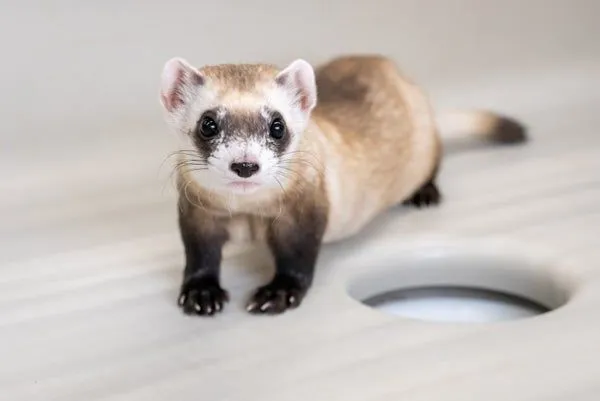
Scientists found a small group of these ferrets in Wyoming back in 1981. This discovery led to increased conservation efforts. In 1988, they gathered DNA from a ferret called Willa. Her DNA had three times more variety than ferrets living today.
The creation of Antonia happened in 2020. Scientists used a special technique called somatic cell nuclear transfer. They put Willa's genetic material into a domestic ferret's egg. This process created Antonia and her twin, Noreen.
"Genetic diversity is critical for resilience to environmental change," Megan Owen of the San Diego Zoo Wildlife Alliance told the Washington Post. "It's basically the raw material of adaptive evolution."
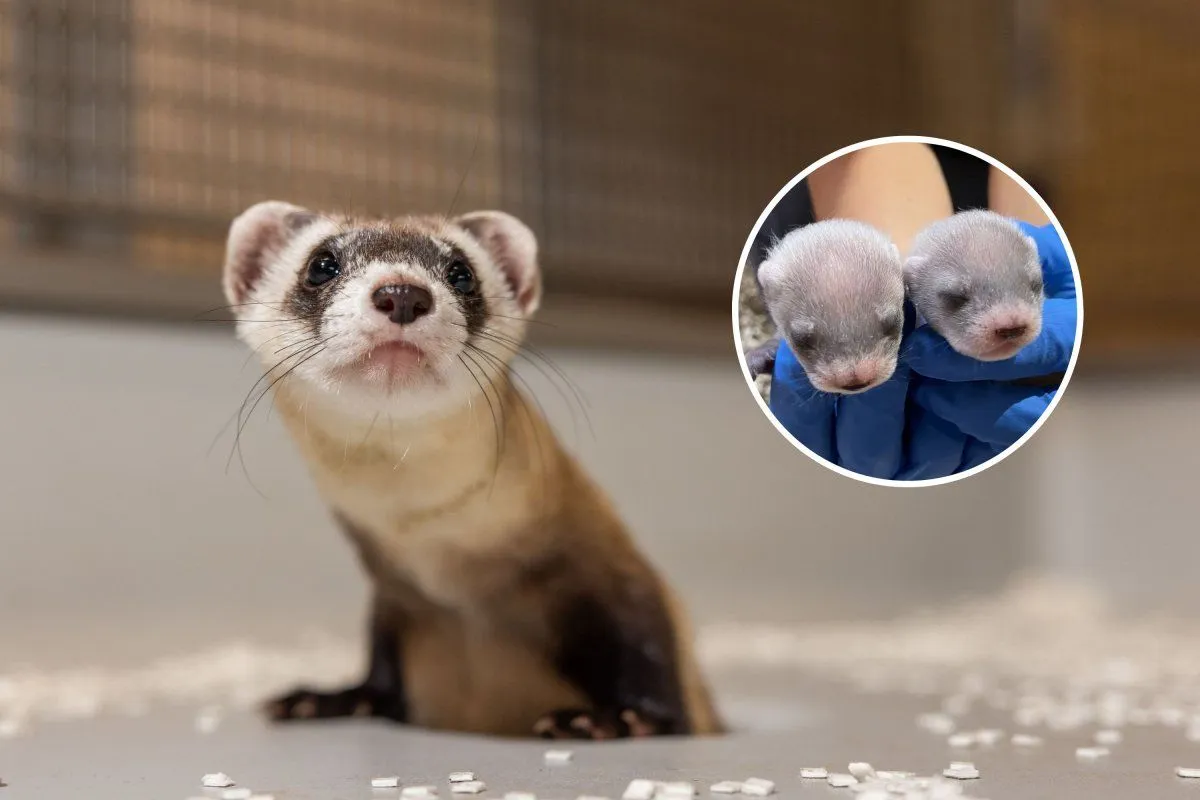
Antonia's successful pregnancy came after careful planning. She was paired with a male ferret named Urchin at the Smithsonian facility. Her success was particularly notable because her genetic twin had failed to reproduce.
"For the first time, we can definitively say that cloning contributed meaningful genetic variation back into a breeding population," Ryan Phelan of Revive & Restore announced in a press release.
The public has shown mixed reactions to this development. Many people celebrate this achievement in conservation. Others worry about the ethics of cloning animals. "Amazing yet eerie — playing with nature's cards. But for a good cause!" one social media user wrote.
The future now depends on these new kits. Their ability to reproduce could help strengthen the entire species. This could lead to a stronger, more diverse population of black-footed ferrets.
Antonia represents a new chapter in conservation science. Her success shows what modern technology can achieve. She gives hope to conservation efforts for endangered species worldwide.
